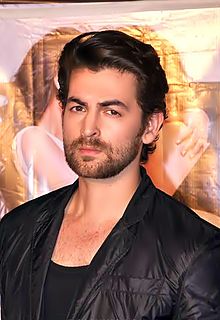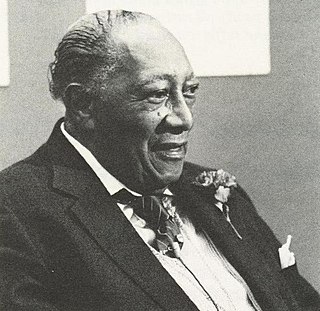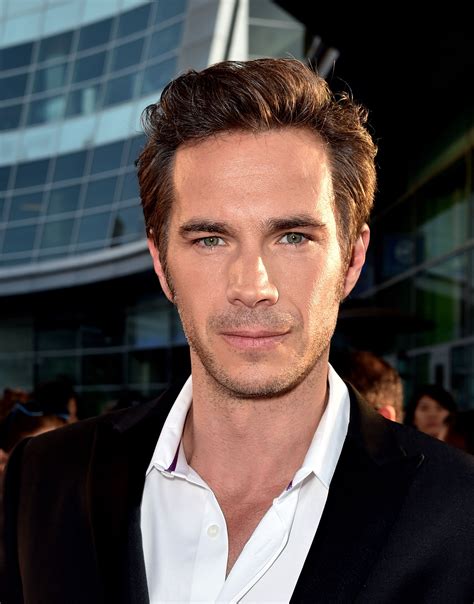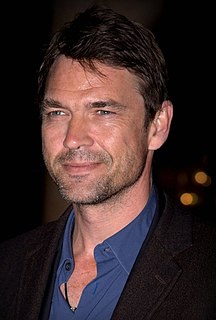A Quote by Annette Bening
A lot of directors in my experience are very receptive. They see what you do first, and then they want to find a place to put the camera, and they tweak you here and there.
Related Quotes
When I first started out, it was very, very difficult to even get in the room with directors or casting directors because they would see that I hadn't been to drama school and wouldn't want to see me. Now, I feel like it's changing. We have this new generation of a lot of writers, directors and actors who are just breaking through, and they're doing it for the passion.
I always tell my students to write the story all the way through, not to play with the language and fall in love with sentences that you then have to cut. I actually find that really difficult to do; there's something so demoralizing about looking at a pile of not very great sentences. As I ease into writing every morning, I tweak a sentence and then tweak a paragraph.
I don't paint, and I can't draw, but I see things, I think, quite well, and I love being able to freeze things with the camera, particularly the children. Then I discovered with the camera that you can tell a whole story with just freezing a moment in reality. I find it a very good way, a very satisfying feeling.
I know that Madonna is not a first-time filmmaker, but I have worked with a lot of first time filmmakers and I have worked with a lot of inexperienced film directors so that never has particularly worried me - I find it quite exciting - but I have never worked with a director who has had so little experience of directing who was so prepared.
I love to take chances. I love first-time directors. I love super-low-budget movies. I've done 80-something movies, and I want to just keep experimenting. First-time directors have new, fresh ideas, and lot of times they're risking a lot to do it, so it means so much to them. They're not just hired; they have their heart on the line, because if you've gone that far, you're probably a very passionate person.
The first time I worked with colors was by making these mosaics of Pantone swatches. They end up being very large pictures, and I photographed with a very large camera - an 8x10 camera. So you can see the surface of every single swatch - like in this picture of Chuck Close. And you have to walk very far to be able to see it.




































